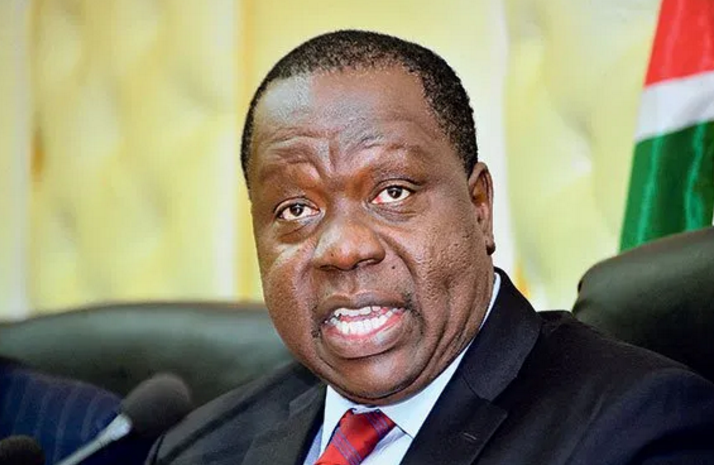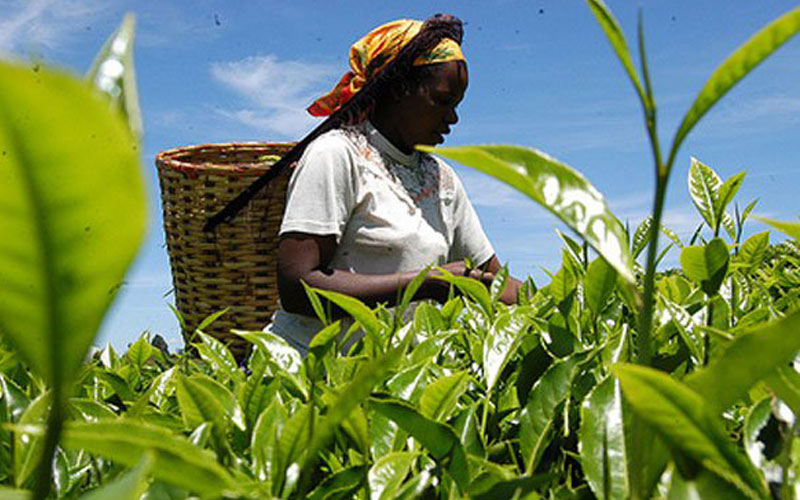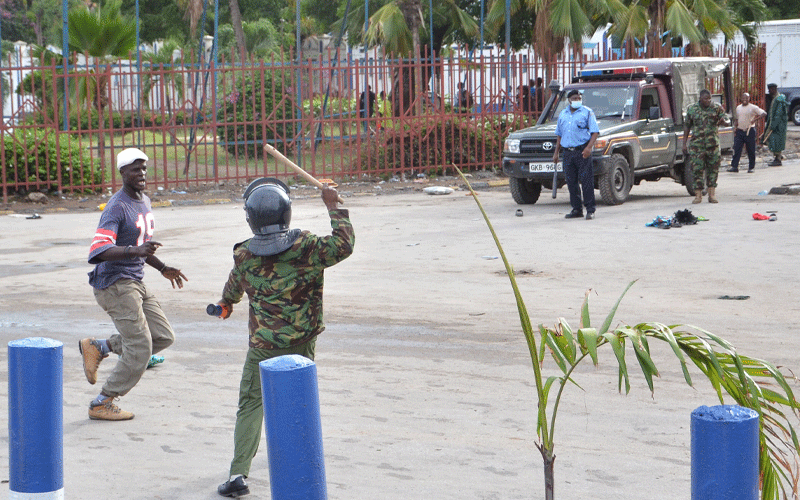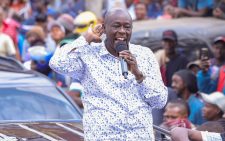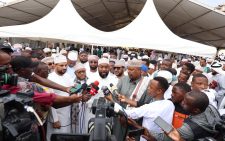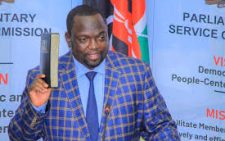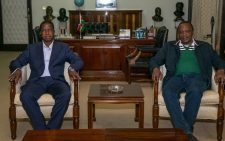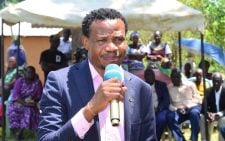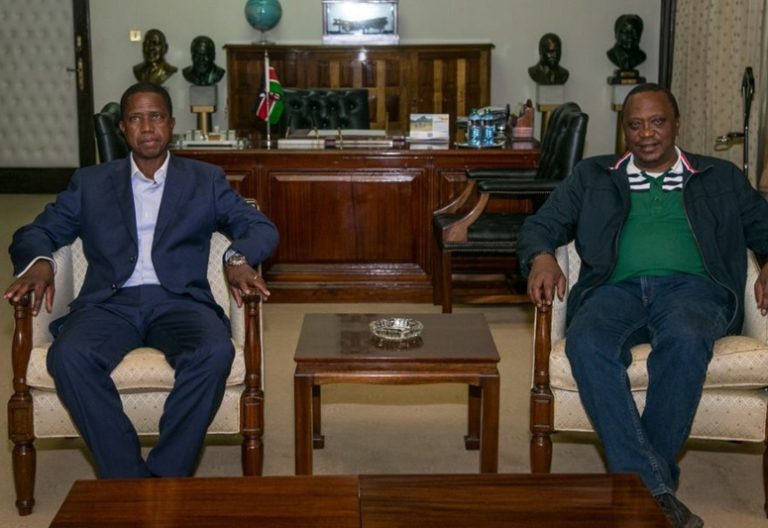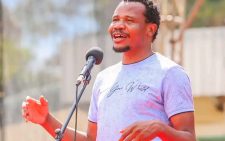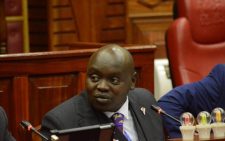With Kenyans at home, it’s time to showcase KPL
Hezbon Mogambi
The Ministry of Sports has initiated a process to cushion football players who ply their trade in the Kenyan Premier League (KPL) from the effects of Covid-19 pandemic.
While it is not yet clear whether the players will get money transfers or food packages, the move is timely, bearing in mind the financial struggles most local clubs have been through in recent times.
The ministry, however, can do more than just handing fish to the sector. While the fish is a welcome relief to thousands of players, the government should facilitate a smooth completion of the remaining KPL fixtures during the partial lockdown.
Earlier this month, the President gave out a 100 million to artiste. The source of the funds was the Sports, Culture and Heritage fund.
Nobody can deny that sports and football in particular is a source of premium entertainment for millions of Kenyans.
With a TV production partner and a broadcast partner already, the Kenyan league has an opportunity to reach millions of Kenyans staying at home and without the usual competition from European leagues.
Both the corporate CEO and marketing guru, who have been reading about the league off the sponsorship proposals and newspapers, are now at home and have an opportunity to watch and evaluate the potential return on investment of the game to their business.
While football is a contact sport and goes against the gospel of Covid-19 social distancing, cluster testing and disciplined self isolation through camping of league players and other key stakeholders such as referees and production crews can significantly minimise chances of infection.
Resuming closed door games can serve triple functions of introducing the game to masses across Kenya , resuscitating the hospitality industry as well as entertaining Kenyans in these gloomy times.
With universities and major hotels closed, affordable accommodation arrangements can be made.
With camping, three games per week is a tough but not an impossible schedule to pull through for clubs, which means the remaining fixtures will be done in slightly over a month’s time.
With our limited infrastructure that has seen us twice awarded and twice denied opportunities to host continental tournaments coupled with empty stands during matches, no team can solidly claim home advantage if they played home matches away from home.
With a sizeable number of Premier league clubs coming from Nairobi and the Western region, clustering these teams into two and ensuring clubs within these locations face each for their remaining fixtures first can reduce the travel and accommodation costs.
Ruaraka and Kasarani stadium can serve as neutral game venues to minimise movement and maximise on production logistics for Nairobi based clubs with Kisumu or Kakamega for western based teams.
Ulinzi, Zoo Kericho and Bandari can join either the western or Nairobi clusters.
New schedules can be planned in such a way that allows maximum number of games to be televised or streamed online.
Covid-19 has left many sectors re-evaluating and reflecting on their models of doing business.
Even as we seek solutions to the election impasse at the federation, may this pandemic be a challenge to football stakeholders on the need to grow the sport so that the issue at hand could have been how much is Kenyan football giving towards combating Covid-19 as is the case in other countries. —hezbon@gmail.com
